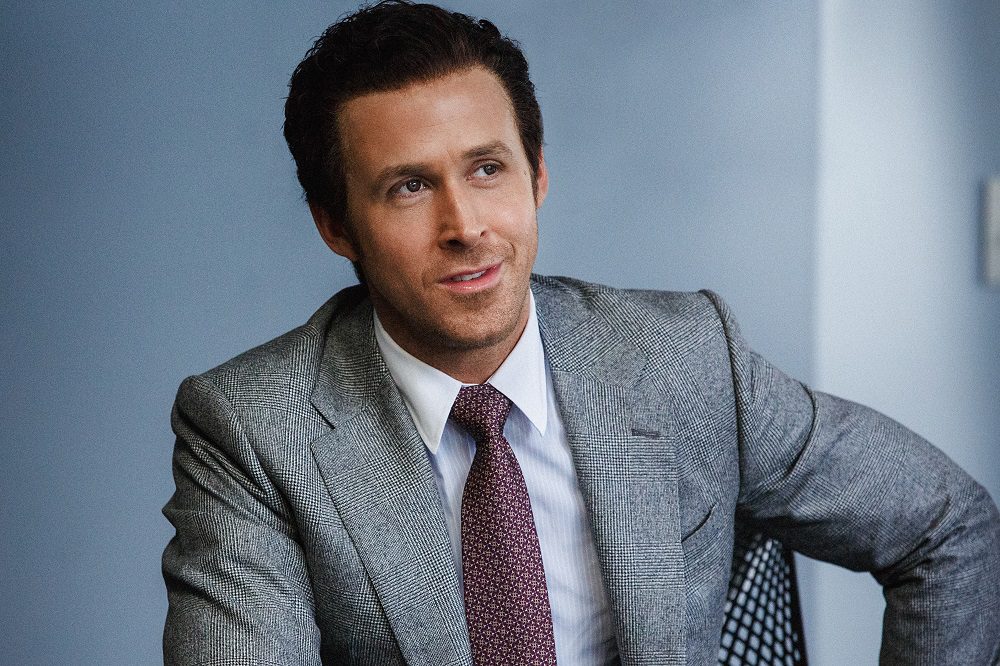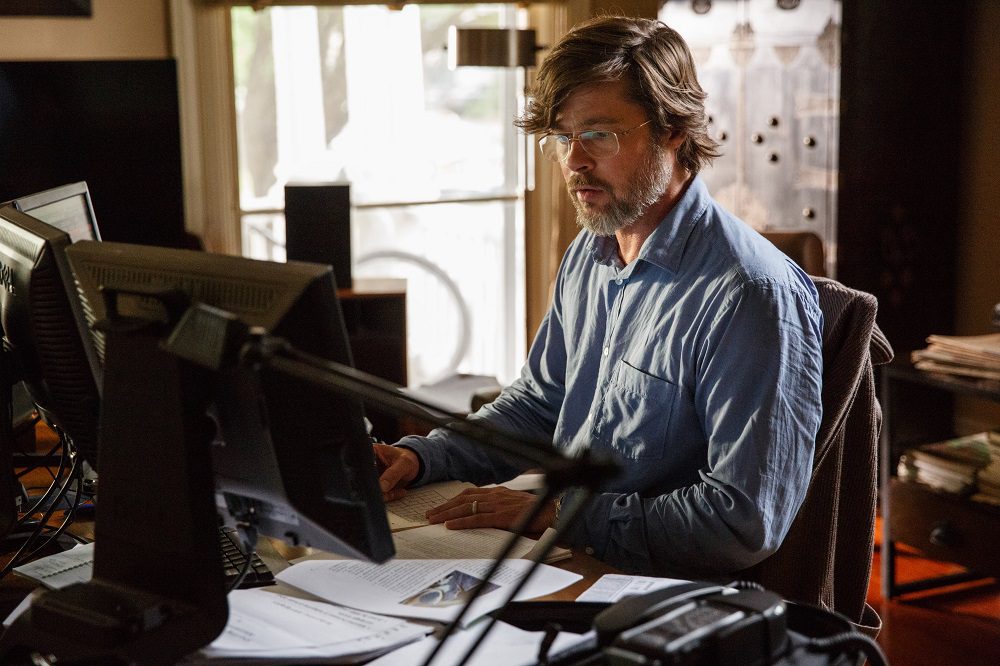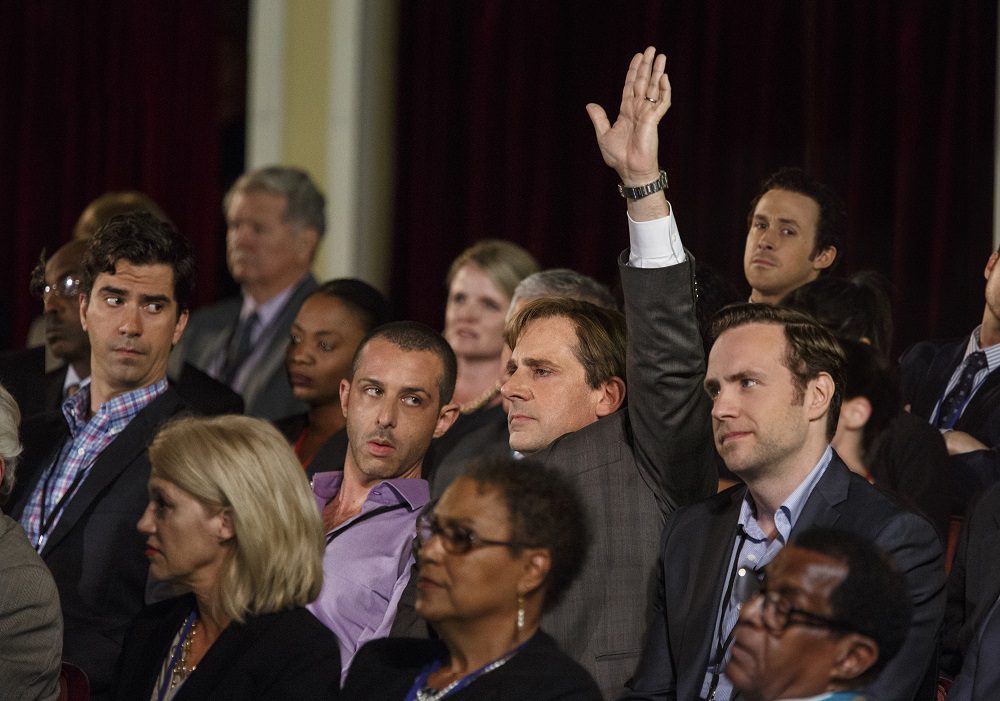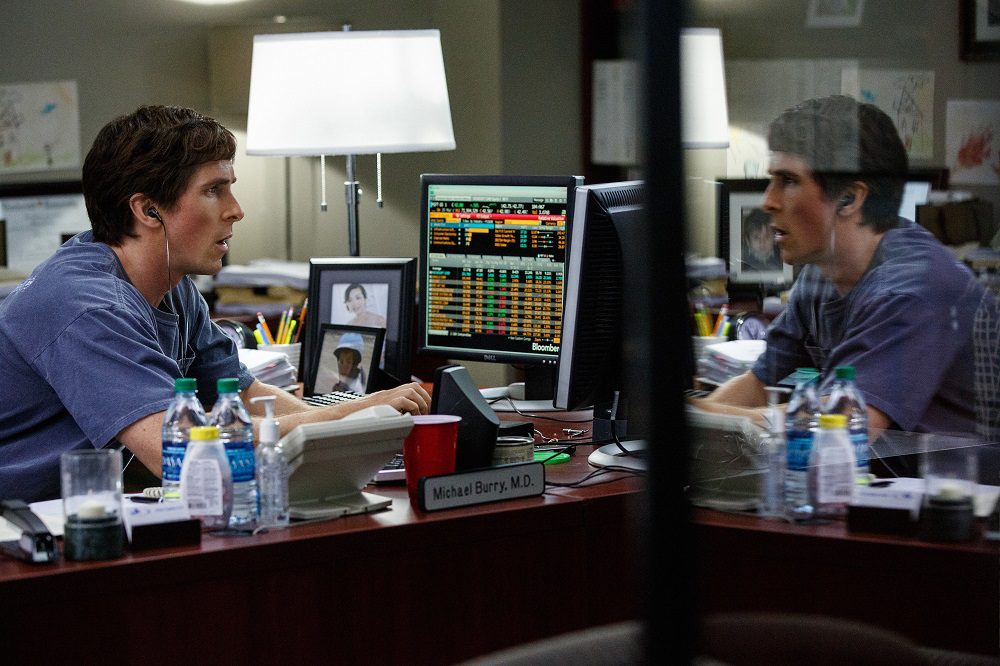
Should you watch this at weekend movie ticket prices? If you’re interested in the 2008 financial crisis.
Should you watch this at weekday movie ticket prices? Yes.
Secret ending? No.
Running time: 130 minutes (~2.25 hours)
“The Big Short” is a semi-autobiographical drama based on the events of 2008 financial crisis. It focuses on the discovery of the impending housing crisis of 2008 by several bankers, and their subsequent attempts to profit from it. It stars Christian Bale (Dr Michael Burry), Steve Carell (Mark Baum), Ryan Gosling (Jared Vennett), John Magaro (Charlie Geller), Finn Wittrock (Jamie Shipley), Brad Pitt (Ben Rickert), Hamish Linklater (Porter Collins), Rafe Spall (Danny Moses), and Jeremy Strong (Vinne Daniel). It is rated NC-16.
“The Big Short” looks at an event that might no longer seem important, given that it occurred half a decade ago. But it still manages to inject relevancy into the subject matter, which is especially pertinent given forecasts of an impending recession. It’s an insightful exploration into the world of bankers and the ironic decisions they have to make, presented in an easily digestible fashion.

Highlights
Clear visual explanations for key financial terms
The characters break the fourth wall often to deliver important exposition about critical financial jargon, using humour and visual analogies to hide what would otherwise be boring monologues. The use of pop stars as cameos in these explanations also aids in our understanding of the topic. This helps make the financial world more accessible to the audience, since all this information is disguised as jokes.
Steve Carell gives an amazing performance as Mark Baum
There’s no hint of comedy in Steve Carell’s portrayal of Mark Baum, which is amazing given all the comedy baggage that he has. While the shooting style might frame his performance as comedic, his actual words and actions reflect that of a hot-tempered but righteous man. It’s unexpectedly convincing, and showcases Steve Carell’s impressive range.
Emotional dilemma
The internal struggle the audience faces is whether or not to root for the main characters. The problem is that by rooting for the protagonists, we’re in effect rooting against ourselves, since the success of the characters hinges on the how badly everyone else (including us) is affected. The conflict, then, is not about moral victories, but how much one can profit from inevitable doom. While you identify and sympathise with the main characters, the foreknowledge you have of the financial crisis is what makes it so difficult to hope that they succeed.
Strong performances from the core cast
Christian Bale, Ryan Gosling and Brad Pitt provide excellent performances, in contrast to the supporting cast. While they’re all ultimately bankers and have the same attitude to the crisis, it’s the variations in their reactions that make all the difference. It shows us the spectrum of behaviour amongst those in finance, and humanises what is usually a faceless, emotionless industry.

Letdowns
Supporting characters are bland
Perhaps it’s due to the outstanding performances from the main cast, but characters like Jamie Shipley and Charlie Geller seem like they were inserted for the sake of variety, rather than serving an important plot purpose. As a result, they seem boring and flat. If they were caricatures it wouldn’t be so bad, but they’re just forgettable elements of the film.

“The Big Short” takes a usually inaccessible topic and turns it into a painful emotional dilemma for the audience, as we try to figure out what is the right thing to root for. It also imparts an important lesson that we should all heed. given our current financial climate.
“The Big Short” opens in cinemas 21 January, 2016 (Thursday).
Leave a Reply